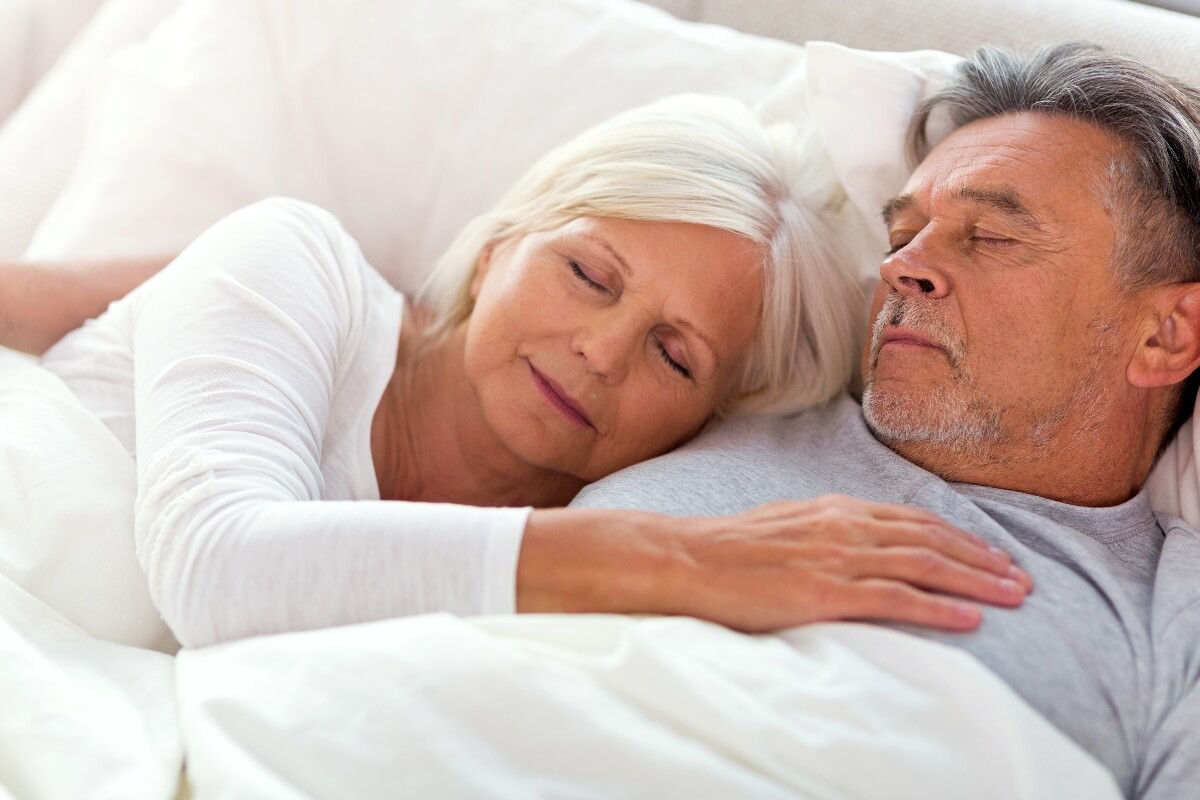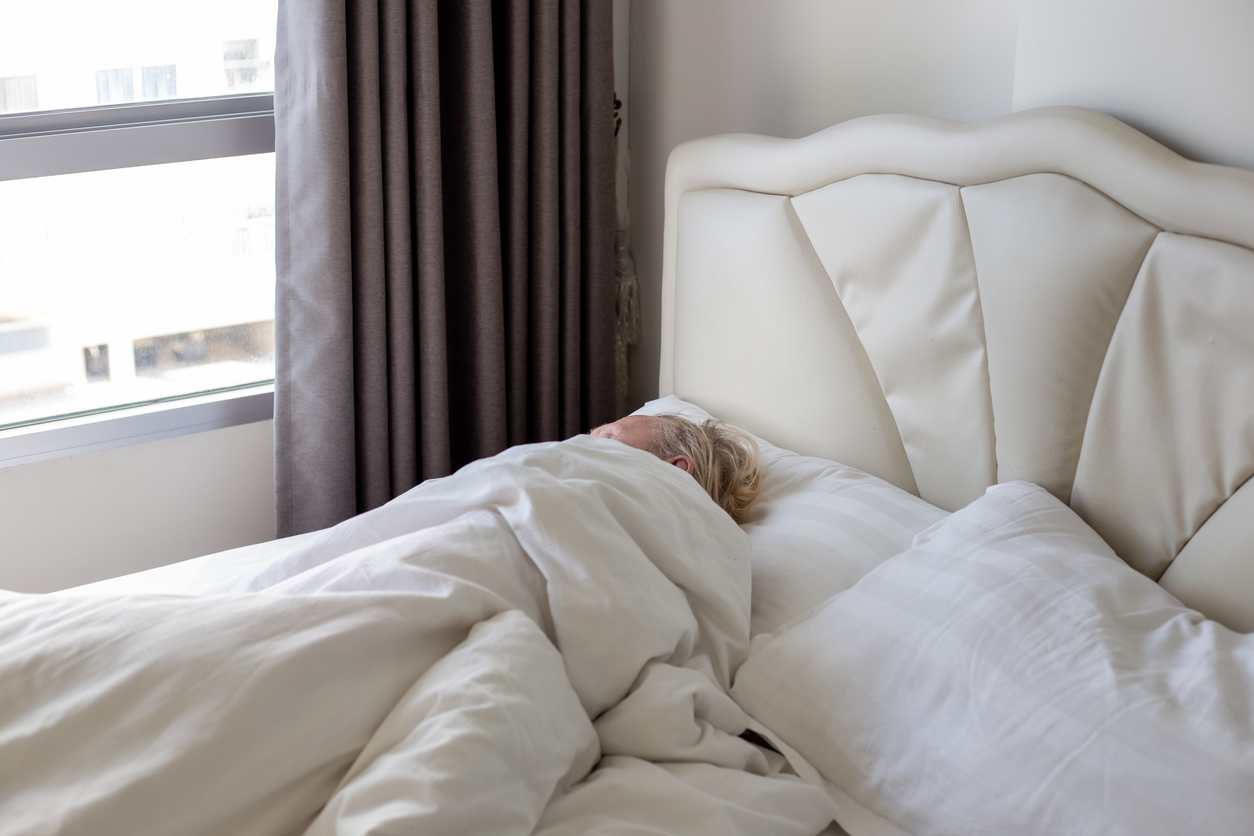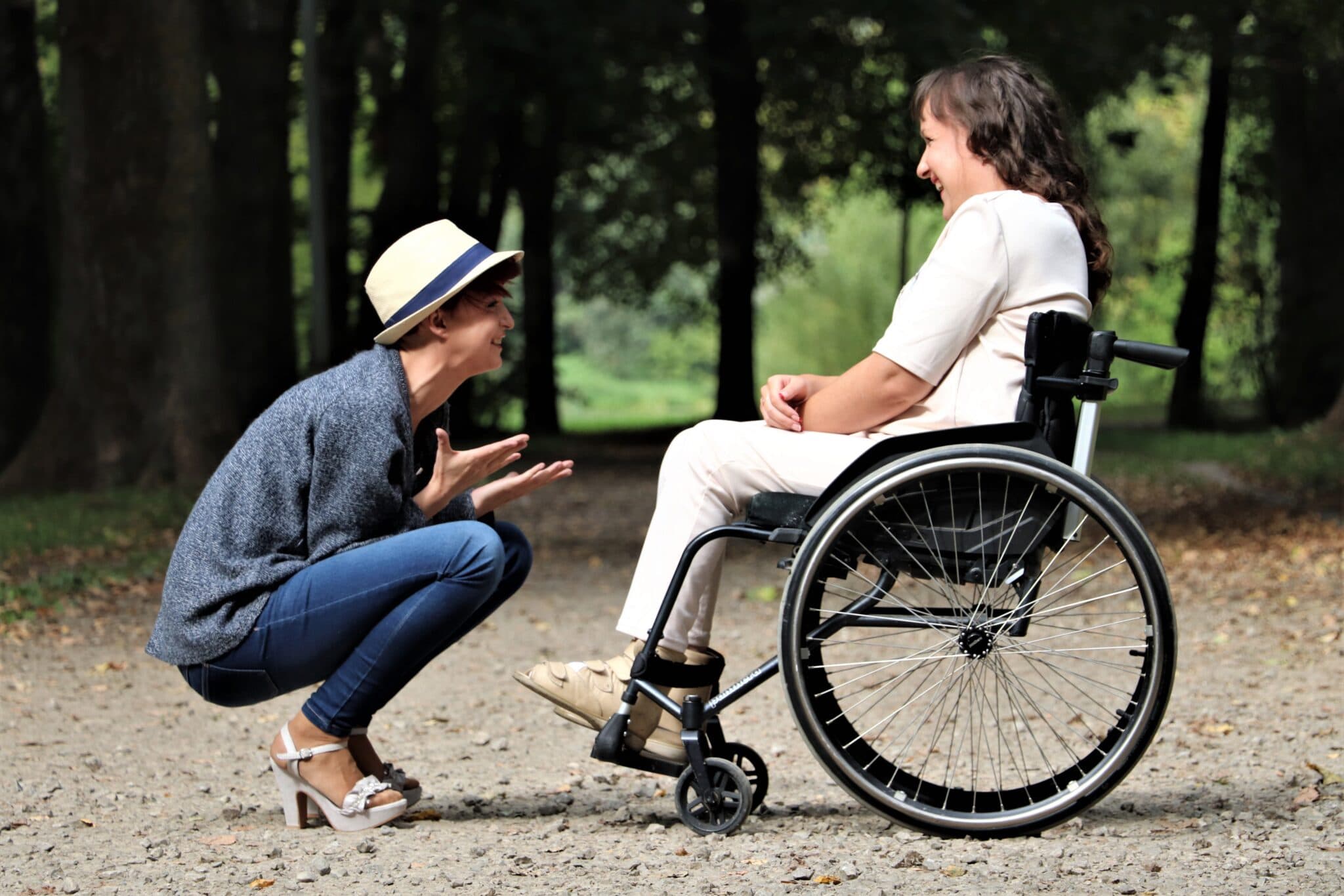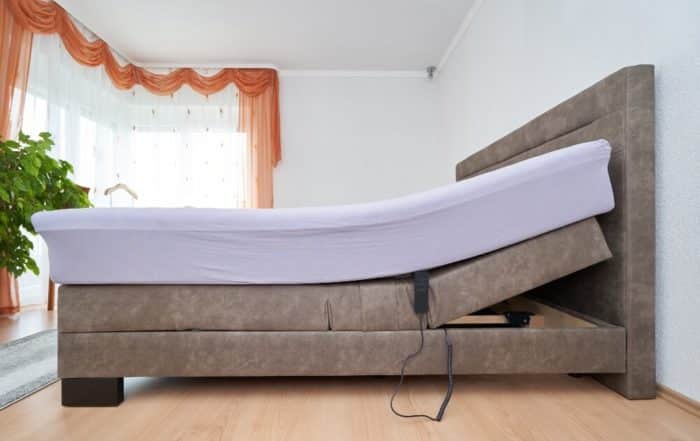Insomnia in the Elderly: How to Sleep Well in Older Age
Social Links
Most of us have an occasional bad night’s sleep, but if you’re getting on in years and find it difficult to fall asleep or stay asleep, you aren’t alone. Insomnia in elderly people is much more common than many people realise. In fact, it’s estimated that half of older adults complain about difficulty initiating or maintaining sleep.
What are the common sleep problems in elderly people?
The primary sleep issue that affects seniors is insomnia. Its symptoms include difficulties falling asleep, staying asleep, or feeling unrested when waking up. Unsurprisingly, this leads to mood disturbances and problems concentrating during the day.
A plethora of health issues may create sleep problems such as insomnia in elderly people. Sleep apnoea, for example, is when your breathing stops and starts while you sleep – one of its core symptoms is snoring. It is common in older people, and affects around 1.5 million adults in the UK.
Restless legs syndrome is another sleep-related condition. It causes an overwhelming and irresistible urge to move the legs. Whilst restless leg syndrome affects people of any age, it’s most common in women over 40 years old and often gets worse as we age.
Alzheimer’s disease and some respiratory diseases interfere with sleep for a variety of reasons.
Well documented too is the fact that mental health has an effect on sleep. Periods of increased stress, depression and anxiety can all find their way into our night-times, instigating a vicious cycle of anxiety-insomnia-anxiety that is hard to break free from.
Why does ageing affect sleep?
As we age, we become more likely to encounter health conditions, which bring sleep problems for elderly people with them.
Pain, be it from overdoing it or a medical reason, can be another enemy of sleep. Exact figures vary, but one review suggests that insomnia and chronic pain co-exist in 50–88% of people. When pain keeps us up at night, the next day the lack of sleep can make the pain feel worse.
Some medication used to treat or control health conditions (including pain) can interfere with our natural sleep patterns and result in sleep problems in elderly people.
Lifestyle habits have a role to play too. Lack of physical activity and napping during the day may make it harder for us to sleep at night.
Factor in that changes in sleep patterns take place as part of the ageing process and can lead to insomnia, and it’s not surprising that so many people are affected.
What helps older adults with sleeping problems?
Some aspects of life are outside our control when it comes to sleep. But others aren’t. Here are some ideas to try that may help sleep in elderly people:
1. Instil a bedtime routine
Without being too rigid about it, go to bed each evening and get up at roughly the same times each day. As part of your routine, spend time relaxing before bed. Listen to calm music or have a bath. Write a to-do list. And avoid having screens such as TV or mobile phones in the bedroom.
2. Keep a sleep diary
This is a great way of discovering if an aspect of your lifestyle, activities, diet or medication may contribute to your insomnia.
3. Get comfortable
Look at your bed. It is part of the problem? The Sleep Council recommends we change our mattress every seven years. While you’re at it, think about if an adjustable bed could improve your sleep situation. The body of an adjustable bed moves at the touch of a button, the head section rising up and down and the lower leg section doing the same.
A review of the evidence concludes that a medium-firm mattress that is “self-adjusted is optimal for promoting sleep comfort, quality, and spinal alignment”. Further research shows that a simple way to reduce sleep apnoea symptoms is to elevate the head of the bed.
Elevating your legs results in less swelling, which eases stiff, painful and swollen joints -worth bearing in mind if that is what is keeping you up at night. Leading charity Versus Arthritis recommends elevating the legs to counteract foot and ankle pain.
Work out why you aren’t sleeping well, and if being able to adjust your sleeping position in this way could help you.
If you are looking to an adjustable bed to take on symptoms of some health issues and/or insomnia in elderly people, make sure you familiarise yourself with the different models and features available. Try before you buy and engage with a company that is passionate about sleep, comfort and solving real challenges for real people.
Further information
For more information about adjustable beds and other mobility furniture such as sofas, rise and recline chairs and homecare beds download the brochure from The Mobility Furniture Company or tel 0808 2651372.
*This website contains general medical information. The medical information is not advice and should not be treated as such. Read our full Medical Disclaimer here.



